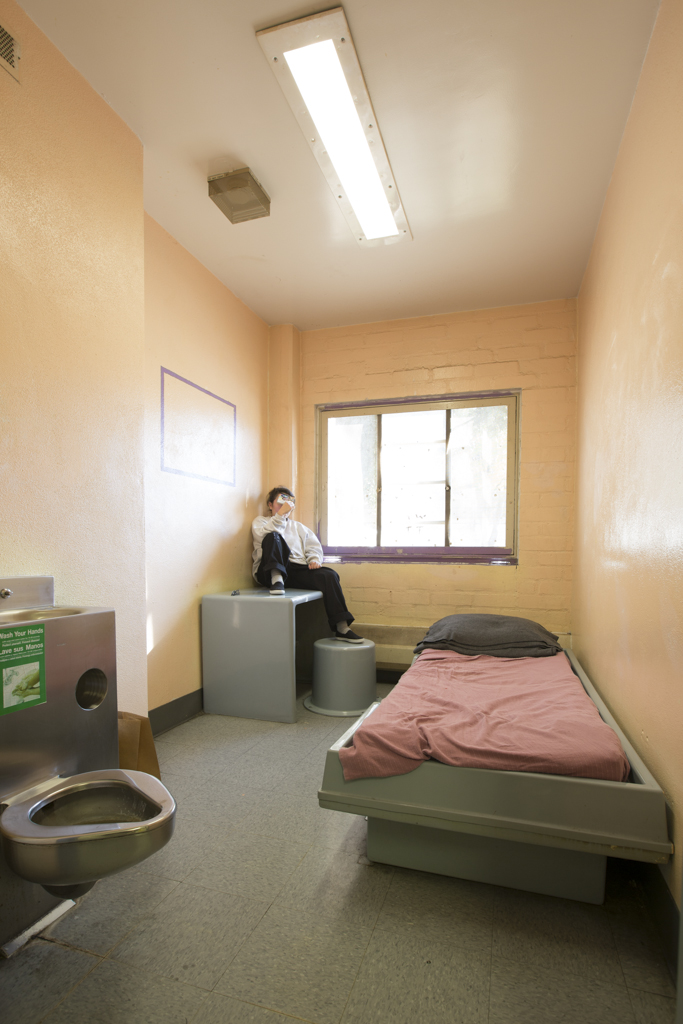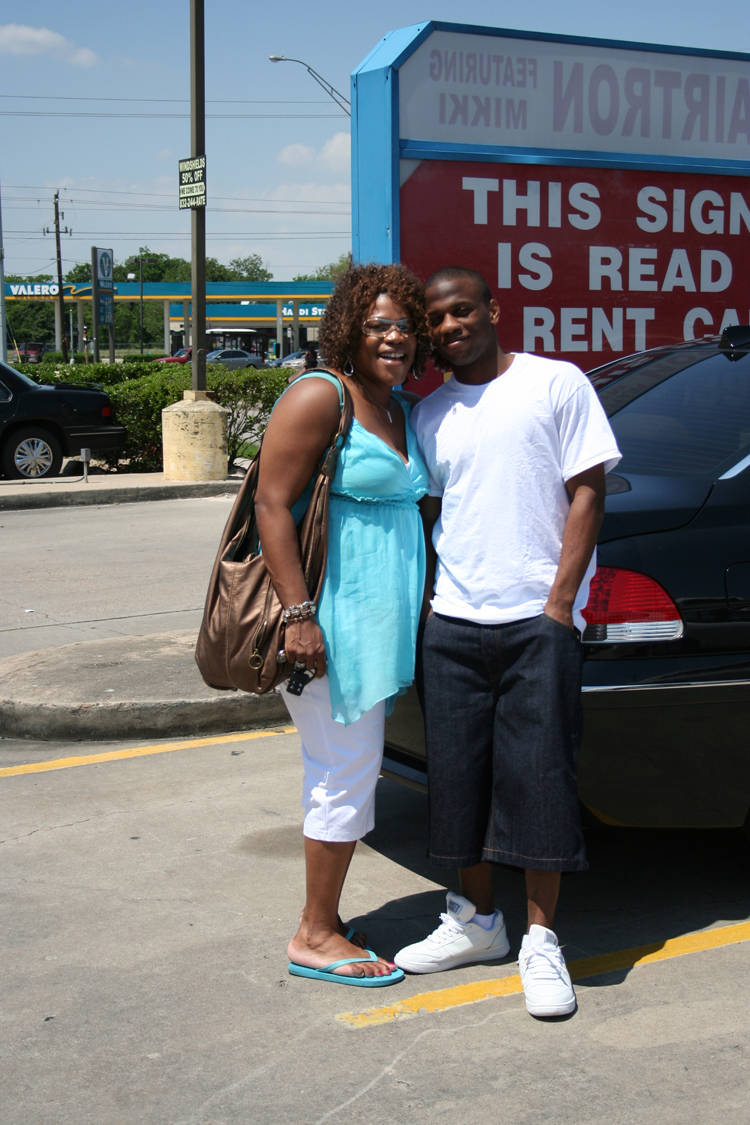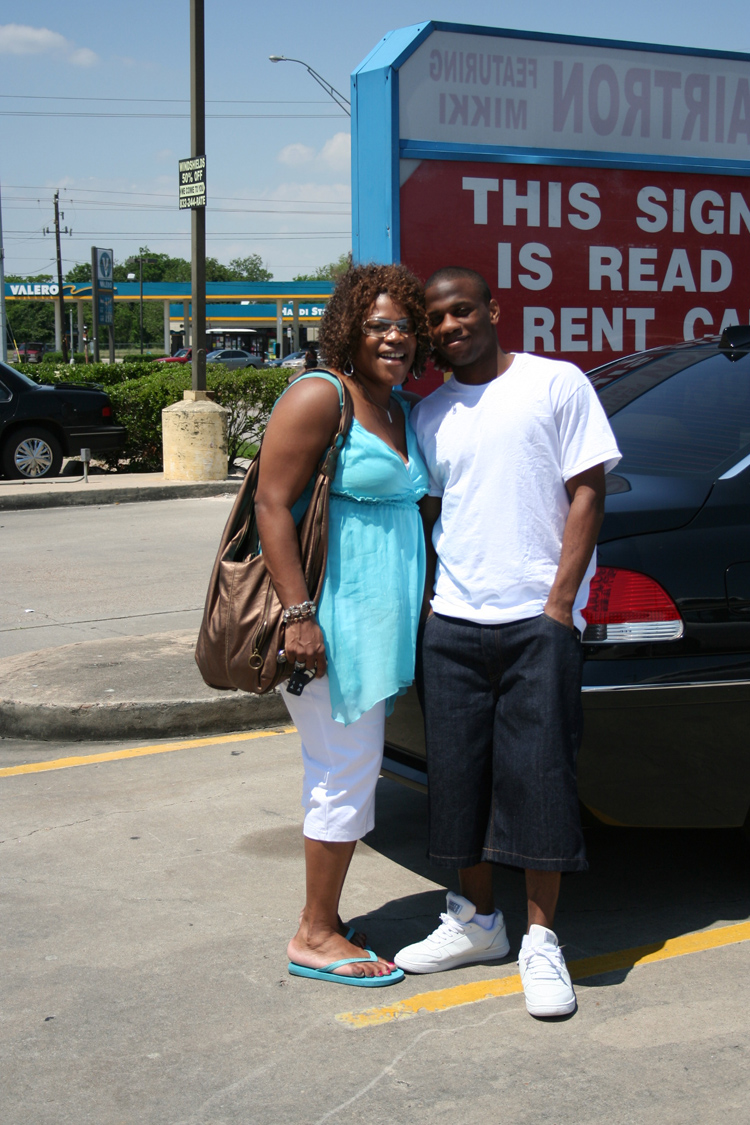I go to education alternatives. I’m in 10th grade, I have been here a month now. The people I see are my mother, grandmother and probation officer. Since treatment, I have been in a Christian home and residential treatment center and shelter care for about a year. I was in YSCP—Youth Family Community Partnership—with my grandmother who was taking care of me. I live with my half brother and two cousins who live with me during the school week. My aunt has custody but the two girls stay with my grandmother during the week and go home on weekends. There are four kids at my house during the week. My mom is 35. My mom lost custody when I was nine months old. I was being neglected. My mom used to smoke weed and cigarettes. My mom now lives in Eastlake. She’s doing good right now. Mom is going to AA meetings.
I used to smoke weed and drink and hung out with the wrong peer group. Sad as that. They say I have the social age of a 17-18 year old and the mental age of five or six year old. I am here for grand theft auto and misuse of a credit card….and I had a firearm. I got picked up with my friends, and with ¼ ounce of weed and a gun. They were all trying to blame it on me. They have it as a conspiracy case. The police charged us all with the same thing. I am not gang affiliated. My dad is deceased. He died in Las Vegas. He came to see me when I was born. He was stabbed, involved with cocaine, and other stuff.
I didn’t use my head before I acted. I just go with the flow. The first time I was here I was 13 or 14. I had a home detention violation. I was in House Four then. I was 13 when I had a theft. Some kids at that time would steal stuff at home depot and they would blame it on me because I was the youngest. My mom works as a maid. I did have a job as a busboy, but I guess I don’t have a job no more. I usually do better when I am working. I am a hands-on type of person. They have me on drugs here. Vivance 70s and 30s, Filoxogene (Prozac), and Hydroxalene for anxiety. The others are for ADHD. Oh, and Intuniv.
I am here because I got into an altercation. He punched me and another inmate two days ago. He’s on my Pod. Pod C. So, he was written up as the aggressor. We have behavior management. They have levels and privileges. We need to have additional staff and training. To get more staff we have an interviewpalooza. We don’t have any Masie Evaluations. They give me Tylenol for my lip. The kid that hit me is Hispanic.
My dad was African American, and my mom white. I want to be a Blue Angel or a commercial pilot. I think I can because although I was charged, I was never convicted with a felony. I am not sure if my juvenile record can be expunged. My brother was charged with spray painting a bike. He got yelled at, but that was it. It’s easy to get in the system, but hard to get out of it. I see the judge in a month. I spoke to the public defender. I did 14 months before on past cases. They might release me at home.
— D.T., age 16





